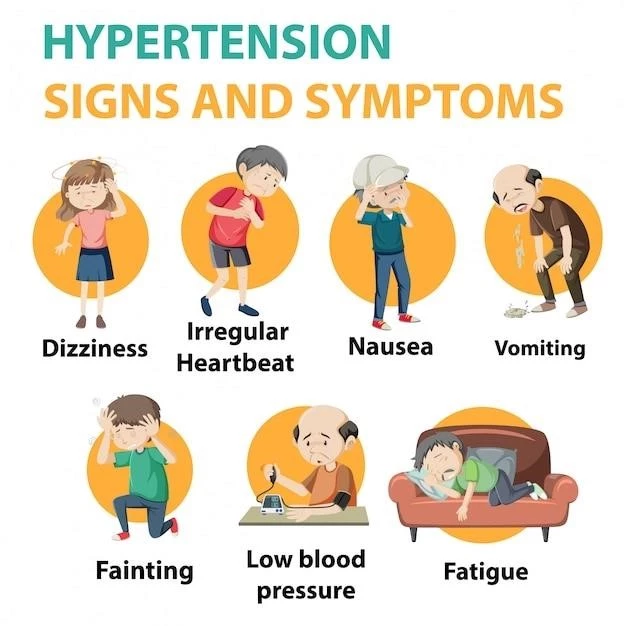Introduction to Sheehan Syndrome
Sheehan syndrome is a rare condition that occurs when a woman experiences severe blood loss during childbirth, leading to damage to the pituitary gland. This condition is also known as postpartum hypopituitarism.
Description of Sheehan Syndrome and its Causes
Sheehan syndrome is a rare condition that develops in women who experience severe blood loss during childbirth, leading to damage to the pituitary gland. This condition, also known as postpartum hypopituitarism, can have long-lasting effects on hormone regulation and overall health.

Symptoms and Diagnosis
Sheehan syndrome can present a variety of symptoms due to pituitary hormone deficiencies, which may include fatigue, weight loss, low blood pressure, and irregular periods. Diagnosing this condition involves hormone level testing and imaging scans.
Common Symptoms of Sheehan Syndrome
Women with Sheehan syndrome may experience a range of symptoms such as fatigue, weight loss, low blood pressure, difficulty regulating body temperature, irregular menstrual cycles, and an inability to produce breast milk. If you are experiencing any of these symptoms, especially after childbirth, it is important to consult with a healthcare provider for proper diagnosis and management.
Treatment and Management
Once diagnosed, Sheehan syndrome is typically treated with hormone replacement therapy to restore hormonal balance. Management may involve regular monitoring by endocrinologists to adjust hormone levels as needed. Lifestyle modifications like stress management and a healthy diet may also support overall well-being.
Approaches to Treating Sheehan Syndrome
Sheehan syndrome is a complex condition that requires a comprehensive treatment approach. Treatment often involves hormone replacement therapy to address specific hormonal deficiencies caused by pituitary damage. It’s essential for individuals with Sheehan syndrome to work closely with healthcare providers to develop a personalized treatment plan tailored to their unique needs and symptoms. Regular monitoring and adjustments to hormone levels are crucial for effective management of this rare condition.

Prevention and Risk Factors
While Sheehan syndrome cannot be entirely prevented, reducing the risk of severe postpartum hemorrhage through proper prenatal care and monitoring during childbirth can lower the chances of developing this rare condition. Understanding the risk factors, such as a history of heavy bleeding during childbirth, can help healthcare providers assess and manage potential complications effectively.
Factors that Increase the Risk of Sheehan Syndrome
Sheehan syndrome is more likely to occur in women who experience significant blood loss during childbirth, especially due to complications like postpartum hemorrhage. Other risk factors may include prolonged labor, emergency cesarean section, or a history of bleeding disorders. Understanding these risk factors can help healthcare providers identify and manage potential cases of Sheehan syndrome effectively.
Living with Sheehan Syndrome
Living with Sheehan syndrome can present challenges due to hormonal imbalances. It’s essential to adhere to hormone replacement therapy as prescribed by healthcare providers; Making lifestyle adjustments to manage energy levels and overall well-being can enhance quality of life.
Lifestyle Changes and Support for Individuals with Sheehan Syndrome
Living with Sheehan syndrome may require adjustments in daily life to manage hormone deficiencies effectively. Support from healthcare providers, including endocrinologists, can help individuals navigate hormone replacement therapy and monitor their health status closely. Making lifestyle changes such as maintaining a healthy diet, managing stress levels, and ensuring adequate rest can contribute to overall well-being while living with Sheehan syndrome.
Ongoing Research and Developments
Stay updated on the latest research and developments regarding Sheehan syndrome. Researchers are exploring new treatment approaches, diagnostic methods, and potential preventive measures to enhance the management of this rare condition.
Latest Studies and Advancements in Sheehan Syndrome Research
As of the latest available data, research on Sheehan syndrome continues to focus on understanding the underlying mechanisms of pituitary gland damage post-childbirth and improving hormone replacement therapies. Recent studies aim to enhance diagnostic methods and explore potential preventive strategies to better manage this rare condition. Stay informed about ongoing research efforts to support advancements in Sheehan syndrome treatment and care.
